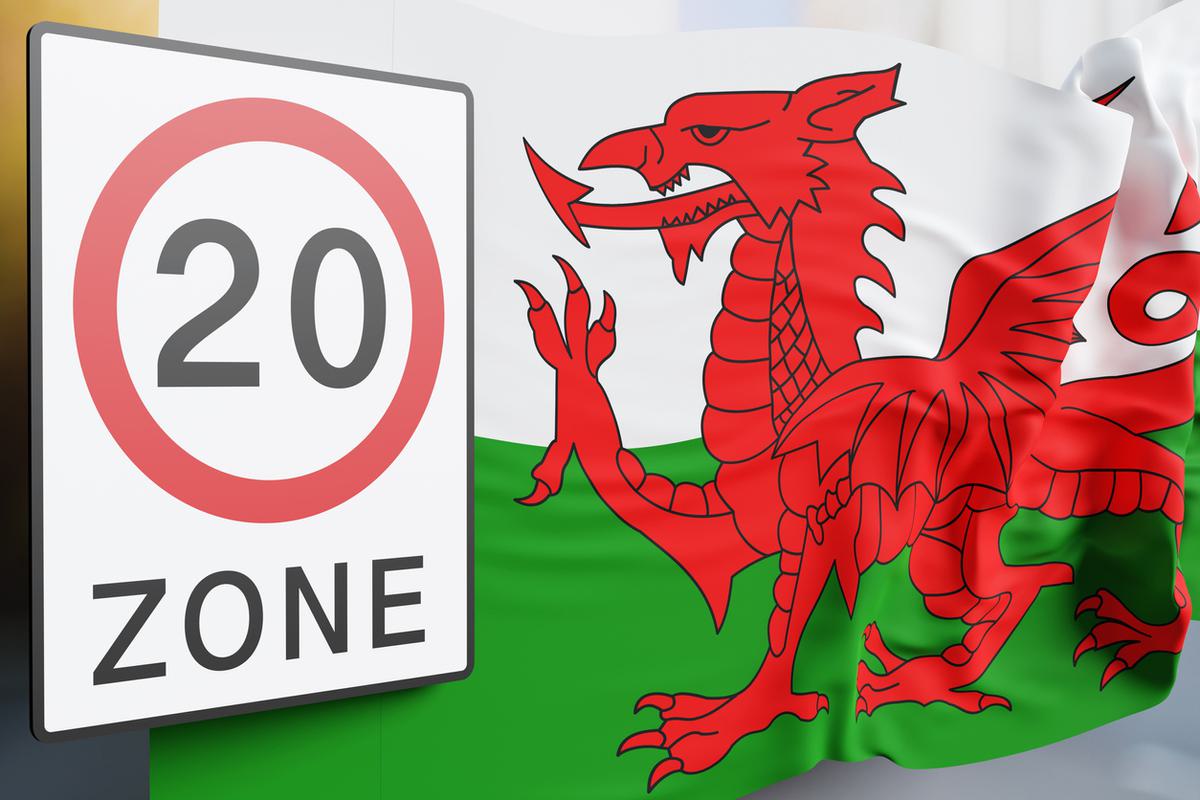Impact of the 20mph speed limit and pavement obstruction legislation in Wales

In September 2023, the Welsh Government reduced the speed limit from 30mph to 20mph on most minor roads in Wales. While there have been ongoing debates surrounding this decision, no data to assess the effectiveness of it is available yet.
Meanwhile, the Welsh government continue to prepare for another legislative change in Wales to combat pavement and other obstructive parking, an issue that has already been addressed in Scotland. This move, expected to be implemented in 2024, would enable local authorities to issue offenders with a Penalty Charge Notice (PCN) for obstructing the pavement and other obstructive parking offences.
The 20mph speed limit
Advocates for the 20mph speed limit agree that lower speeds result in fewer accidents, create more pedestrian-friendly environments and reduce noise pollution. A public health study estimated that the 20mph speed limit could, every year, result in 40% fewer collisions, 6 to 10 lives saved and 1200 to 2000 people avoiding injury in Wales.
The introduction of the 20mph speed limit is costing the Welsh Government £32 million. The government proposes that this cost is outweighed by the casualty prevention savings, including the reduced impact on NHS and emergency services. One study estimates these savings could be up to £92m every year, and that’s without considering the wider health benefits of people walking and cycling more.
A negative impact of the 20mph speed limit is the slightly longer travel time. The Welsh Government’s assessment shows that the speed reduction could result in an average increase of one minute per journey.
Pavement obstructions legislation
Another regulatory development in Wales is the legislation to decriminalise the offence of obstructive parking, including on the pavement. Currently, motorists get away with parking on the pavement in Wales, unless there is a local order and signage in place indicating otherwise. Other pavement obstructions include street works, skips, scaffolds, hoardings, advertising boards and building materials that block the pavement.
These legislative changes are set to roll out in Wales in 2024 and are primarily aimed at addressing the growing issue of obstructed pavements, providing a legal framework for enforcement and penalties.
Offenders who obstruct pavements or the road could find themselves on the receiving end of a Penalty Charge Notice (PCN). This financial penalty is poised to act as a deterrent, discouraging individuals from parking causing an obstruction to pavement users and other motorists and contributing to a safer and more accessible environment.
Potential impact and challenges
While the introduction of legislation on obstructive parking may seem like a positive step forward, some potential challenges and considerations need to be addressed. Enforcement logistics and public awareness will be key factors in the successful implementation of this legislation. Striking a balance between revenue generation and fostering a safer urban environment will be crucial for the long-term success of these measures.
The true impact of these measures remains to be seen and the coming years will undoubtedly provide valuable insights into their success or failure in shaping a safer and more efficient urban environment in Wales.



